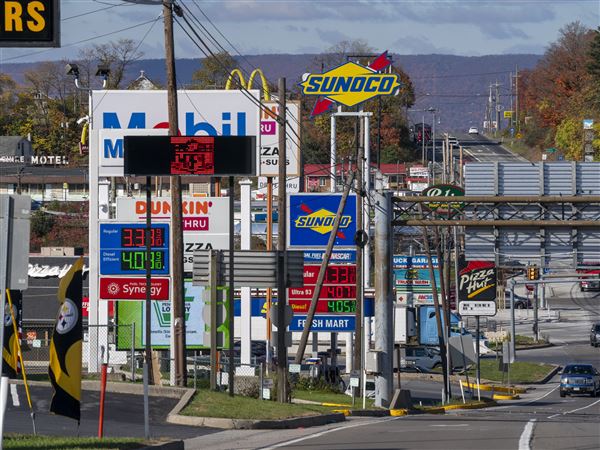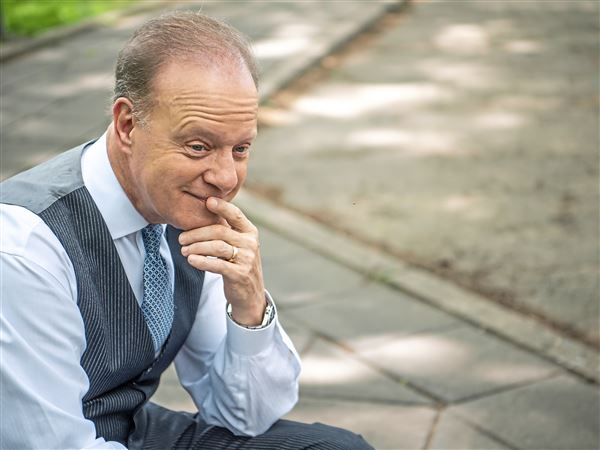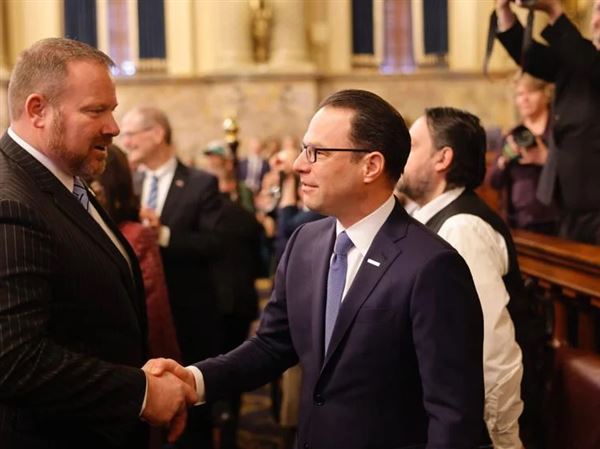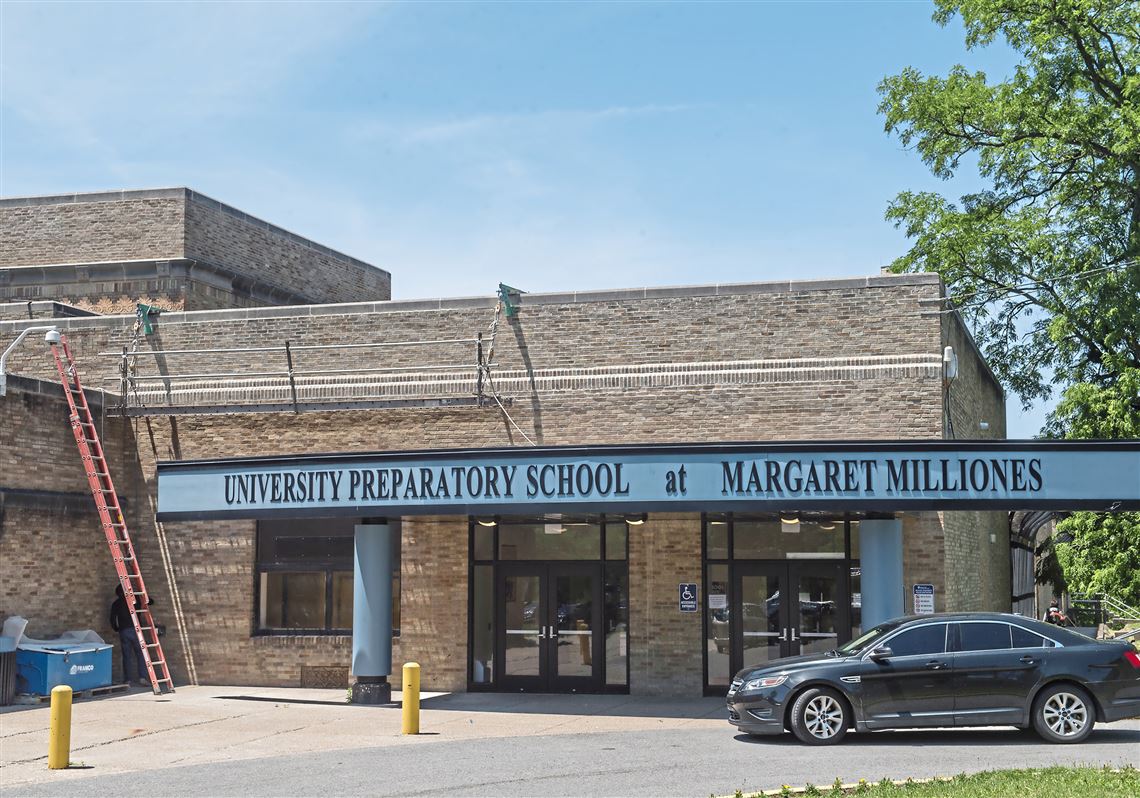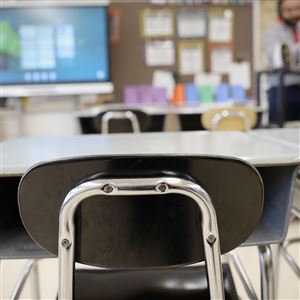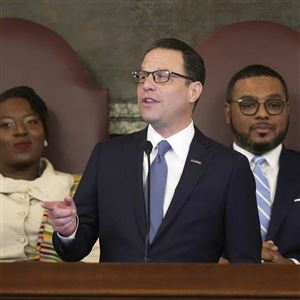In a perfect world, public education — funded by the general public and open to all children — would work for everyone. This isn’t that world.
For reasons ranging from special physical needs to giftedness to escape from bullying, watchful parents opt their children out of public schools every year. One size does not fit all.
So-called “discrimination”
An imperfect but slightly better world would try to ensure there are good, nurturing schools of many types available to fit this wide and ever-growing variety of students and needs. So when a public-schools-only lobbying group releases a report alleging that many of these private educational options in the Commonwealth are “discriminatory,” it’s wise to pay close attention.
Special thanks to Post-Gazette staffers for paying close attention and putting the word discriminatory in quote marks. Readers, voters and taxpayers can decide for themselves whether the lobbyists’ chosen adjective is accurate.
Education Voters of PA is a Harrisburg-based advocacy group that seeks “to ensure elected officials adopt and implement a pro-public education agenda.” Their new report, “Pennsylvania Voucher Schools Use Tax Dollars to Advance Discrimination,” takes aim at programs which reduce the state taxes of businesses that contribute to scholarship organizations providing vouchers to children from “low-performing” public schools.
The vouchers help students cover fees associated with private and religious schools. By painting these institutions as “discriminatory,” the public-ed lobbyists must be hoping to discourage business participation and thus expansion or even continuation of the tax-credit program.
In a scant 12 pages, the researchers mostly just quote bits of policies gleaned from the websites of dozens of private schools. Many of those targeted for reproach are Christian schools. From my lifelong experience with many faith-based organizations, I can say with conviction that the schools in this report truly run the gamut, from the strict, rules-centered type to an unusually gracious, individualized approach.
Some of the parochial schools the report highlights really turn me off — as do today’s public schools, what with falling standards, lax discipline and a brand-new, radical sexual agenda.
LGBTQ+ policies are, in fact, a major concern of this report. But what gives the public school system the right to determine the correct philosophy of human sexuality at the expense of all others? That question is never raised; the answer is assumed. If you promote a different (i.e. more traditional) approach, you discriminate, which is bad.
The public schools “discriminate”
We are becoming accustomed to that cultural battle and see it in the news regularly. But some examples of “discrimination” in this report are baffling, especially those related to disabilities. Here are supposedly offensive examples, in the schools’ own words:
Smithfield, PA’s Mt. Moriah Christian School “may deny admission to students with physical or mental handicaps because the school is not physically able to accommodate disabled students and … does not have staff or resources to serve students with exceptional learning problems.”
Philadelphia’s Al Aqsa Islamic Academy “is not equipped for teaching students that might need special education or might have behavior problems.”
“Due to our limited resources, [Calvary Christian Academy] may be unable to properly educate students with non‐academic special needs or severe learning disabilities.”
Is this discrimination or just truth in advertising?
Even more confounding, the report states up front that it excluded from its study 38 schools for any of four reasons, one of which is “they were specialized schools for students with disabilities.” Some schools, then, cannot accommodate certain disabilities and others exist specifically to do so.
Why shouldn’t schools in the voucher program be able to specialize? The public schools do.
In Pittsburgh, special needs children are channeled to different classrooms and sometimes to different schools. If a student is assigned to Oliver Citywide Academy (for special needs) rather than, say, CAPA (for prowess in the arts), is this discrimination?
If the public system gets to have “magnet schools” that admit only those who qualify and want to follow a specific curriculum, then private schools should be able to do the same. Their curriculum may be religious. It may be classical — perhaps organized according to the Latin trivium, for instance. It may be tailored to kids with dyslexia.
Calling this “discrimination” — and bullying businesses into agreeing — won’t likely close these schools. They are mission-driven. So are many of the parents who choose them — and so too are the public-school leaders so passionately forcing a brand-new, untested gender and sexuality agenda into public classrooms.
“The report might make you question who’s “discriminating” — the private schools or their lobbyist-critics.”
Enough money to support alternatives
There’s enough money for all. According to a June 2023 report from the Commonwealth Foundation, state funding for education has reached an all-time high, at $14.8 billion for the 2022-23 school year. Pennsylvania ranks 8th in the nation for total per-student public school funding, and the schools have billions in reserve.
Families and businesses alike pay the taxes that fund those ample figures. With a clear conscience — and even pride — they should support or utilize a voucher program that contributes so much to nurturing young people who are ready to thrive — and to think for themselves.
Ruth Ann Dailey is a columnist for the Pittsburgh Post-Gazette: ruthanndailey@hotmail.com. Her previous column was “Imagine there's a heaven. It's necessary that you try.”
First Published: December 6, 2023, 10:37 p.m.
